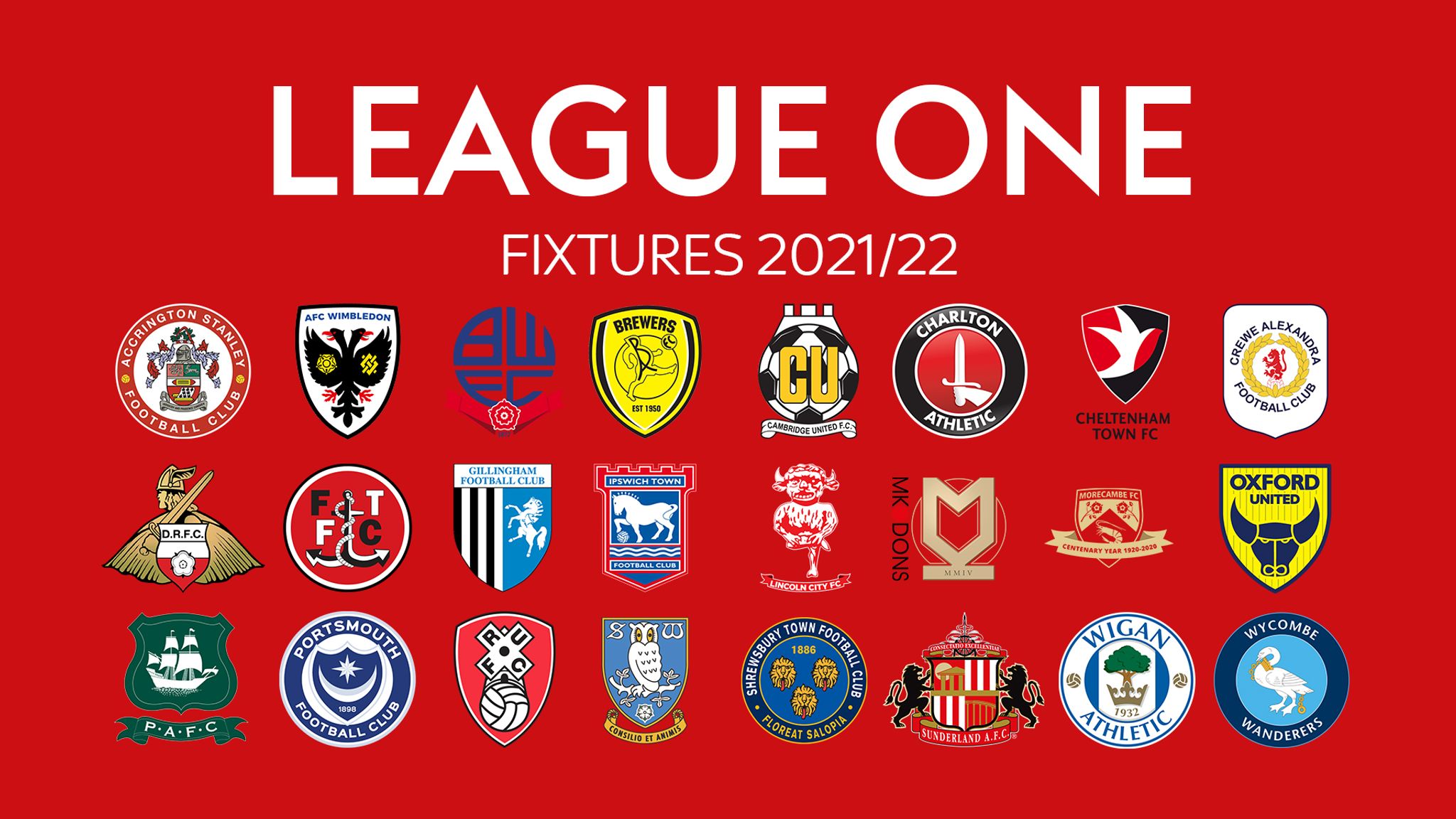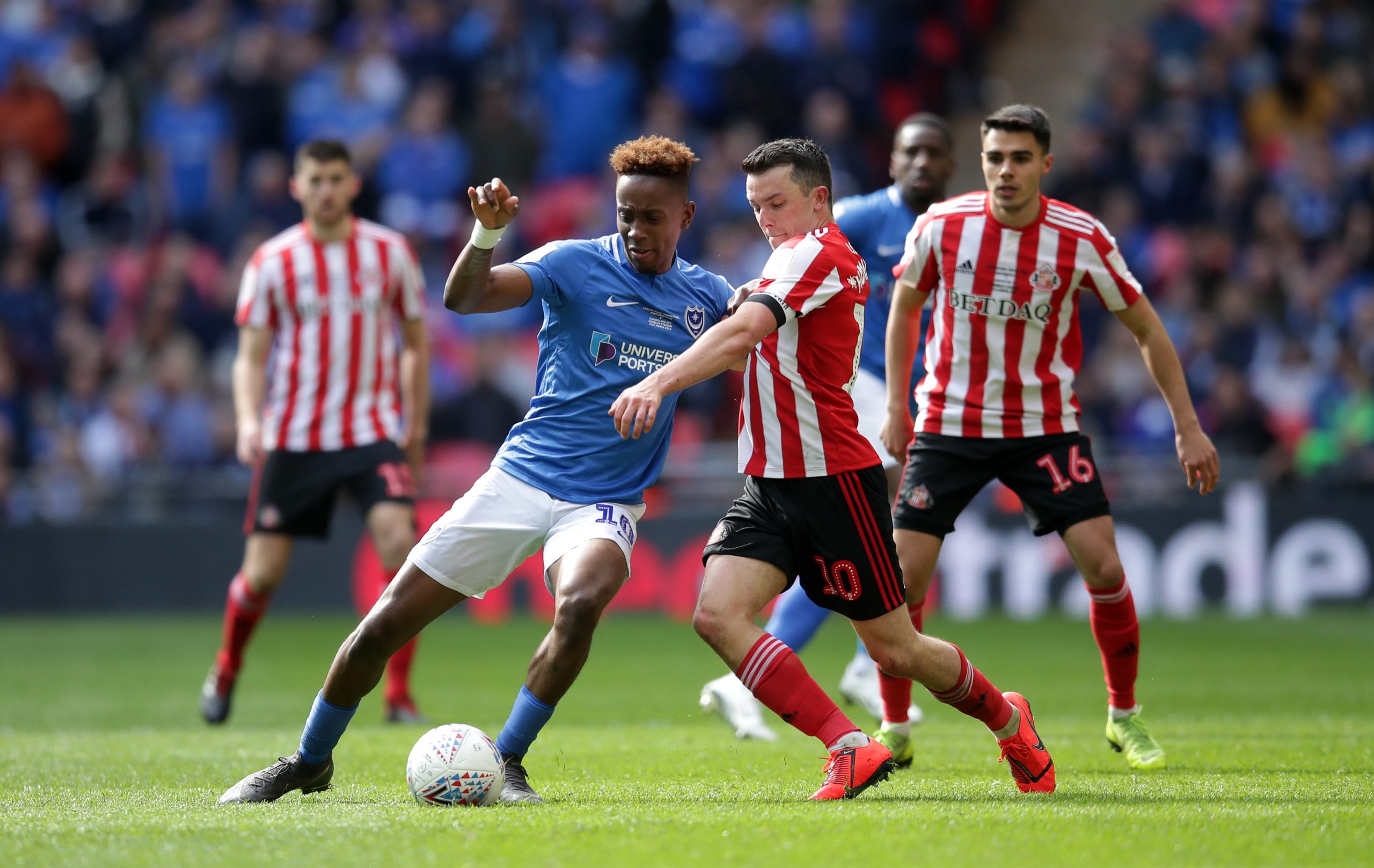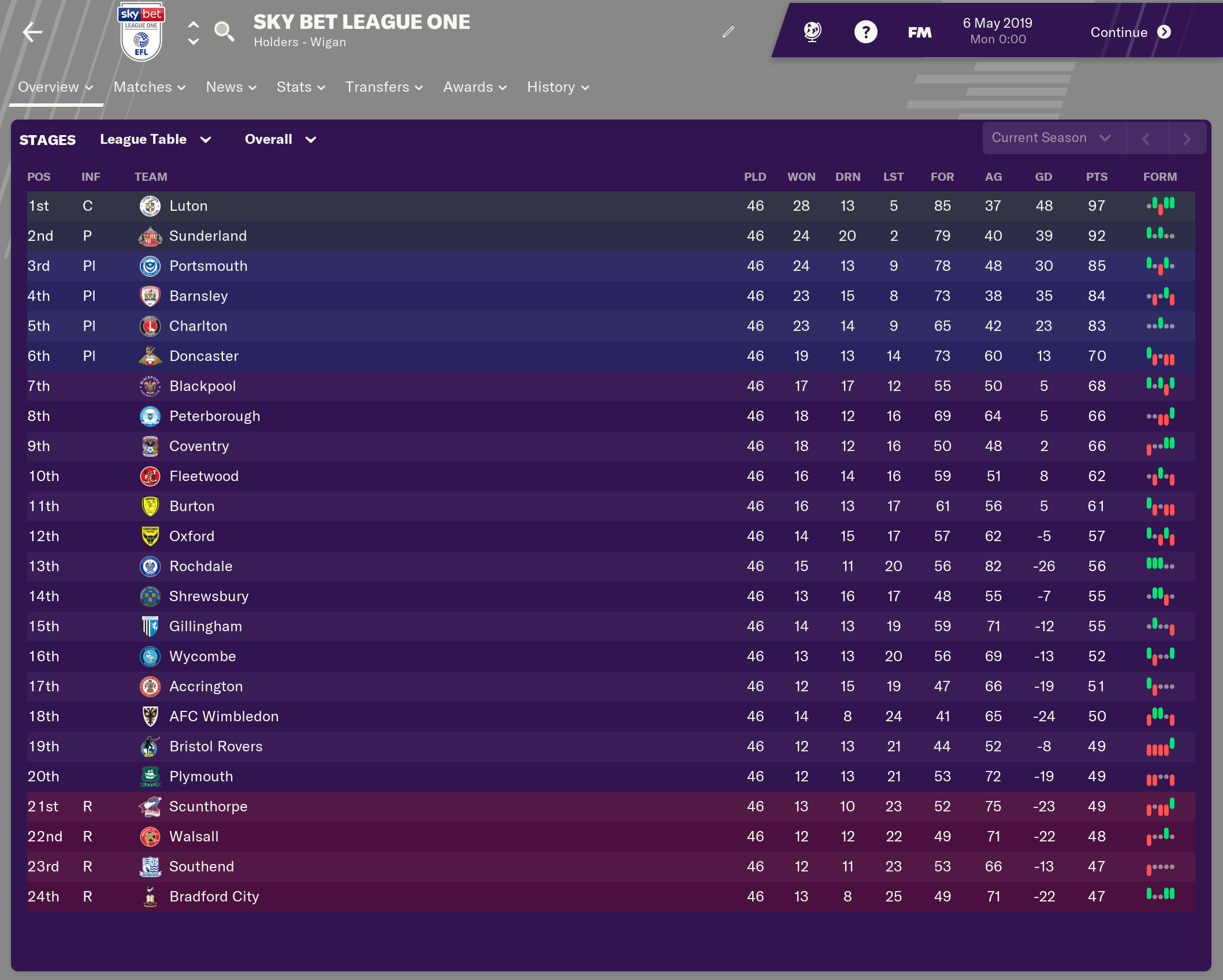League One Playoffs: The drama, the tension, the sheer elation of victory or the crushing disappointment of defeat – it’s a spectacle that captivates football fans across the nation. This intense competition decides which teams ascend to the Championship and which remain to fight another season. From the nail-biting semi-finals to the exhilarating final, the League One Playoffs offer a thrilling conclusion to a grueling campaign, showcasing the best of the league’s talent and unwavering determination.
This deep dive explores the history, format, impact, tactics, and atmosphere surrounding this crucial stage of the football season.
We’ll delve into the evolution of the playoff system, examining key matches and iconic moments that have shaped its legacy. We’ll analyze the strategic approaches employed by managers, the role of fan support, and the extensive media coverage that surrounds these high-stakes encounters. Ultimately, we aim to paint a complete picture of the League One Playoffs, highlighting its significance in the footballing landscape and the unforgettable experiences it provides for players and fans alike.
League One Playoffs: A Deep Dive
The League One playoffs represent a thrilling culmination of a season’s hard work, a grueling battle for promotion to the Championship, and a chance for clubs to rewrite their narratives. This examination delves into the history, format, impact, tactical nuances, fan experience, media portrayal, and a pivotal playoff match, offering a comprehensive understanding of this crucial stage in English football.
History of League One Playoffs
The League One playoff system, while evolving, has consistently provided dramatic finishes and unexpected twists. Its inception marked a significant shift in how lower-league promotion was determined, adding an element of high-stakes excitement to the end of the season. The format itself has undergone minor adjustments over the years, primarily concerning seeding and tie-breaker rules, but the core principle of a knockout tournament remains.
A timeline of significant playoff matches reveals iconic moments and unforgettable outcomes. For example, the 2009 final between Millwall and Scunthorpe United showcased a tense and dramatic encounter, ultimately decided by a late goal. Similarly, the 2017 playoff final saw Bolton Wanderers narrowly miss out on promotion, highlighting the fine margins that define playoff success. Players like Jamie Vardy, whose performance during a Leicester City playoff campaign catapulted him to Premier League stardom, epitomize the transformative potential of these matches.
| Team | Playoff Appearances | Promotions | Win Percentage |
|---|---|---|---|
| Swindon Town | 5 | 2 | 40% |
| Charlton Athletic | 4 | 2 | 50% |
| Millwall | 6 | 2 | 33% |
| Sheffield Wednesday | 3 | 1 | 33% |
Playoff Format and Rules
The current League One playoff format involves four teams vying for a single Championship spot. Teams finishing 3rd to 6th in the league table qualify for the playoffs. The process involves two semi-final matches (two-legged ties), followed by a final at Wembley Stadium. The team finishing 3rd plays the team finishing 6th, and the team finishing 4th plays the team finishing 5th.
Away goals are a crucial tie-breaker if the aggregate score is level after two legs.
- Semi-Finals: Two-legged ties, with the higher-ranked team hosting the second leg. Aggregate score determines the winner; away goals rule applies in case of a tie.
- Final: A single match at Wembley Stadium between the two semi-final winners. Extra time and penalties are used if the score is tied after 90 minutes.
Impact of League One Playoffs

The financial implications of promotion through the playoffs are substantial. Championship status guarantees significantly increased broadcast revenue, sponsorship deals, and gate receipts. Player recruitment strategies shift dramatically for teams aiming for playoff success. Clubs often invest in experienced players with a proven track record in high-pressure situations, while others focus on younger talent with potential to shine under intense scrutiny.
Key factors contributing to playoff success include team cohesion, tactical flexibility, mental fortitude, and, critically, avoiding injuries to key players.
| Player | Playoff Performance | Subsequent Career |
|---|---|---|
| Jamie Vardy (Leicester City) | Key goals in playoff run | Premier League success, England international |
| Will Grigg (Wigan Athletic) | Important goals in playoff semi-final | Continued success in Championship |
| Ryan Mason (Tottenham Hotspur) | Prominent role in playoff wins | Successful Premier League career |
| Chris Wood (Burnley) | Instrumental in playoff victory | Premier League player |
Tactical Approaches in League One Playoffs
Managerial approaches in League One playoffs vary considerably. Some managers favor a pragmatic, defensive style, prioritizing solidity and counter-attacking opportunities. Others opt for a more expansive, attacking approach, aiming to dominate possession and create numerous scoring chances. Set-pieces are crucial, with teams often dedicating significant training time to perfecting their delivery and attacking strategies from corners and free-kicks. Successful strategies often involve adapting to the opponent’s tactics and making shrewd substitutions to influence the flow of the game.
Obtain access to liverpool newcastle to private resources that are additional.
Fan Experience and Atmosphere
The atmosphere surrounding League One playoff matches is electric. The anticipation, tension, and passion of fans create an unforgettable spectacle. Stories abound of fans traveling hundreds of miles to support their teams, creating a sea of color and noise in the stadiums. Fan support plays a crucial role in boosting team morale and providing a crucial psychological edge in high-pressure situations.
- Chants and songs create a powerful atmosphere.
- Flags, banners, and displays enhance the visual spectacle.
- Travel in large numbers to away matches show unwavering support.
- Pre-match gatherings build excitement and camaraderie.
Media Coverage and Public Perception, League one playoffs
Media coverage of League One playoff matches is extensive, shaping public perception of the teams and players involved. Winning teams are often lauded for their resilience, tactical acumen, and overall team spirit. Losing teams, however, might face criticism for perceived shortcomings or tactical errors. The media narratives surrounding the playoffs can significantly impact team sponsorships and commercial opportunities, with successful teams attracting greater attention from potential investors and sponsors.
Illustrative Example of a Key Playoff Match

The 2015 League One playoff final between Preston North End and Swindon Town provides a compelling case study. Preston, despite having a slightly weaker regular season, demonstrated superior tactical flexibility and resilience throughout the match. Swindon’s attacking intent was countered by Preston’s well-organized defense, leading to a tense and ultimately successful campaign for Preston. The match itself showcased the importance of set-pieces, with Preston scoring a crucial goal from a corner.
The atmosphere was electric, with both sets of fans creating a captivating atmosphere. The victory had a lasting impact on Preston, solidifying their status as a Championship team and boosting the club’s profile.
The League One Playoffs represent more than just a series of football matches; they are a microcosm of the passion, ambition, and relentless pursuit of success that defines the sport. From the meticulous tactical planning to the electrifying atmosphere generated by fervent fans, every aspect contributes to the captivating narrative that unfolds. The ultimate reward—promotion to the Championship—is a testament to the dedication and resilience displayed throughout the grueling playoff campaign.
The legacy of these matches extends beyond the final whistle, shaping the careers of players, influencing managerial decisions, and leaving an indelible mark on the hearts and minds of football enthusiasts for years to come.


